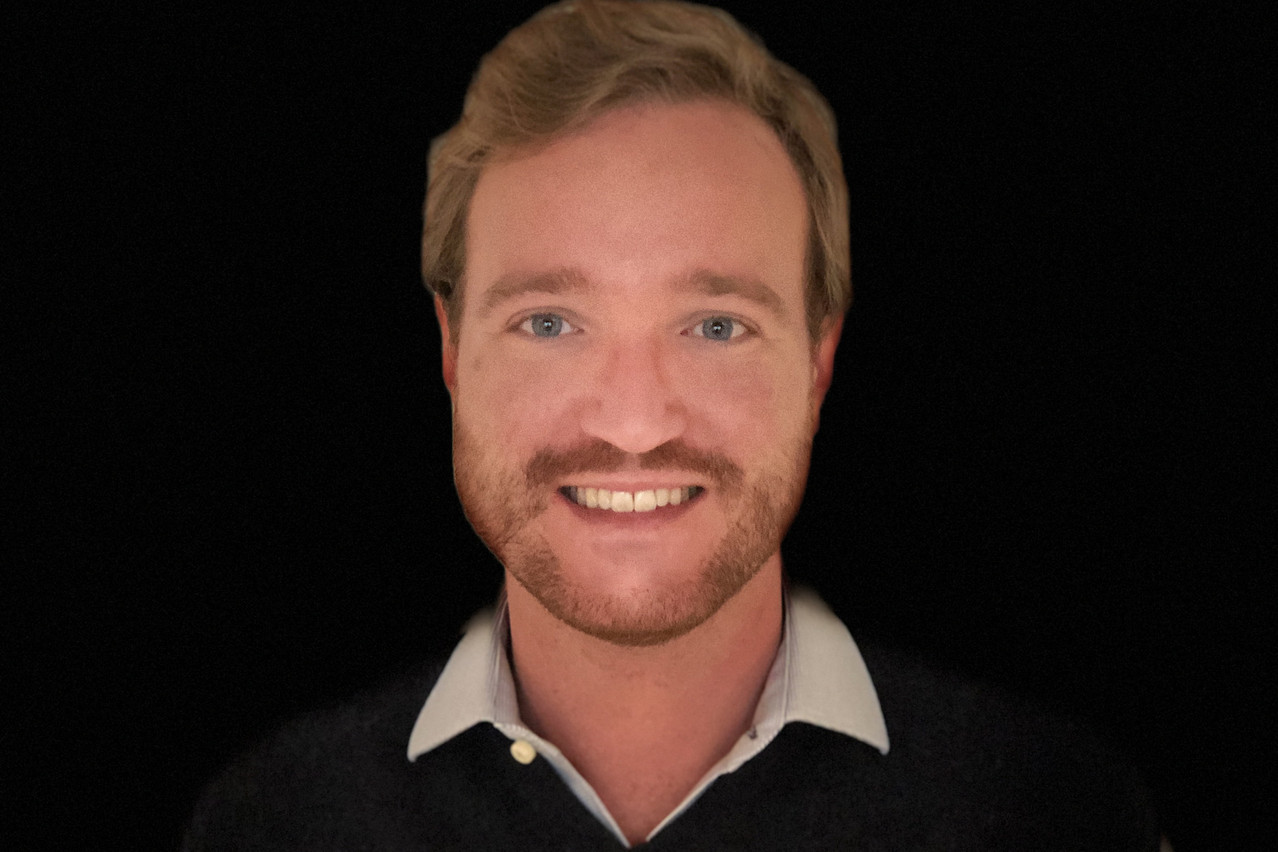Please introduce yourself, and tell us a little bit about your start-up.
Matteo Cernuschi. – “My name is Matteo Cernuschi and I am the COO and founding director of ANote Music, the first stock exchange for music royalties. Based in Luxembourg, we empower music fans and private investors to own shares in songs and music catalogues, while simultaneously facilitating music development. Totally secure and fair, ANote Music represents a paradigm shift in how music is funded and places blockchain technology center stage.
From idea to implementation, there is only one step… and yet. What triggered your entrepreneurial journey?
“Our journey has been triggered by three main factors:
We identified a lack of efficiency in how music players obtain funding to start new projects.
We realised a conceptual similarity between music copyrights and stocks, both generate an income, dividends in the latter case and royalties in the case of music copyrights.
We understood that music can be the next investment asset class, allowing investors to have a high-yield asset, while at the same time enjoying an investment uncorrelated with their traditional portfolios.
Be ready to run on a rollercoaster of challenges and emotions.
What are the qualities needed to launch a start-up?
“In our experience, first of all, you need to be flexible. You need to continuously adapt to changes and be ready to run on a rollercoaster of challenges and emotions. It is fairly different compared to working for a big company: the decision-making process is more interactive and the hierarchical structure, though present, oftentimes feels less preponderant.
Start-ups – and their founders – need to move very fast in an environment which is usually already moving forward (possibly one of the reasons why launching a start-up was possible, yet challenging, in the first place!).”
You can register for the Start-up Stories: Round 3 on the website of the .
Discover innovation at Bil .
Discover the innovators of the Lhoft .

